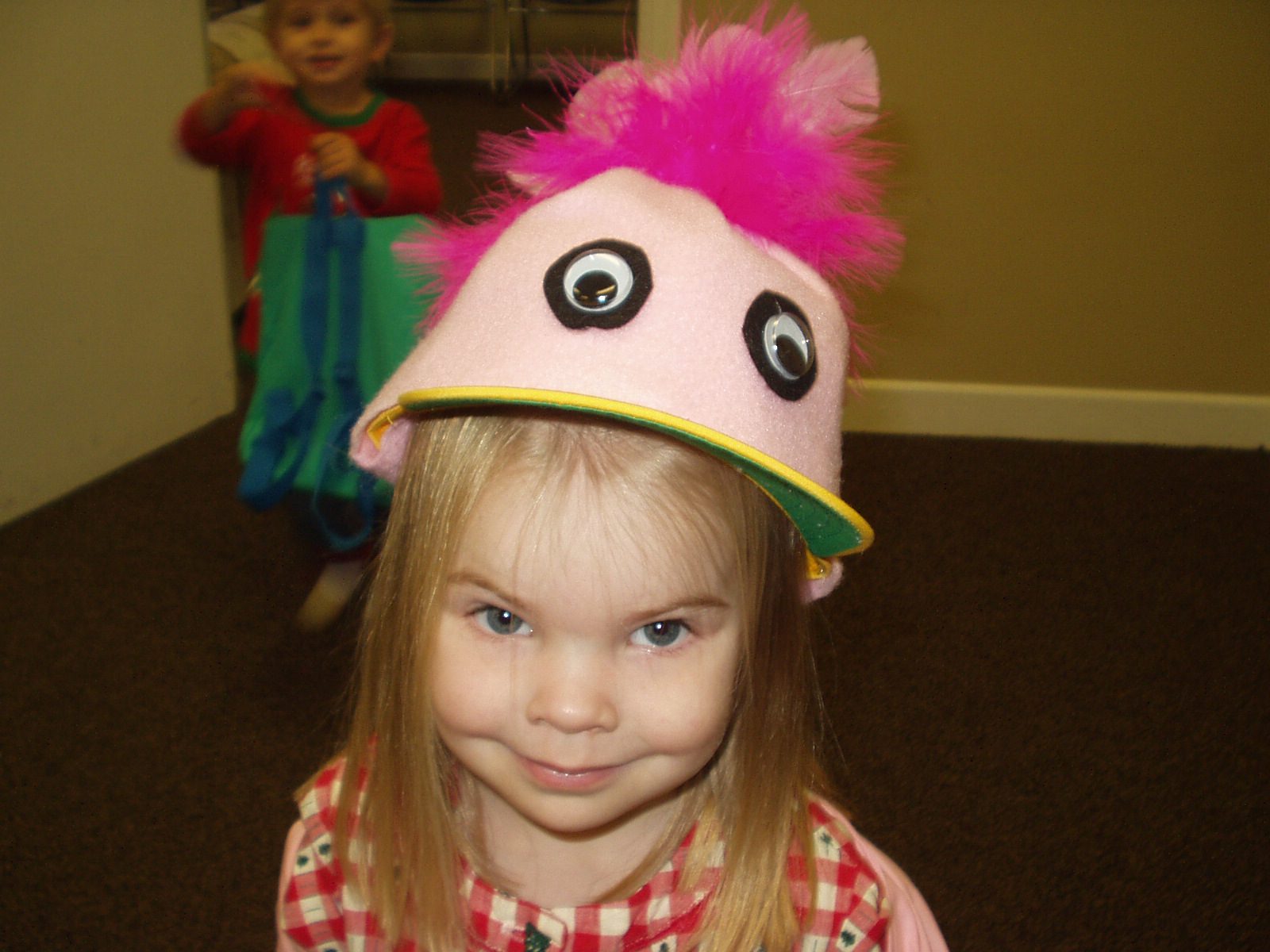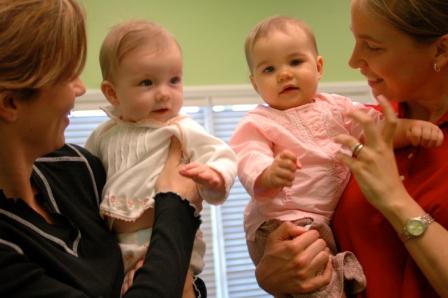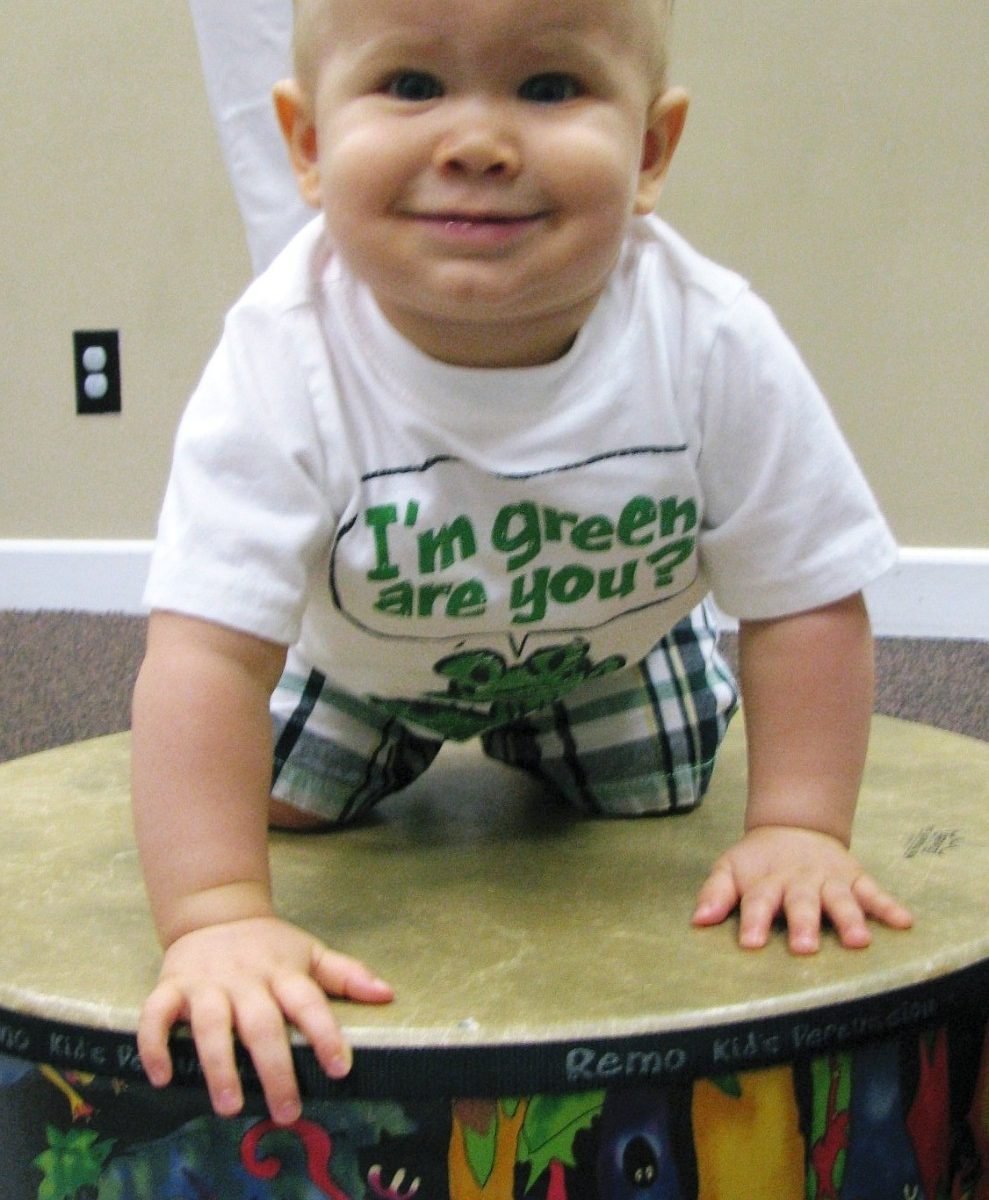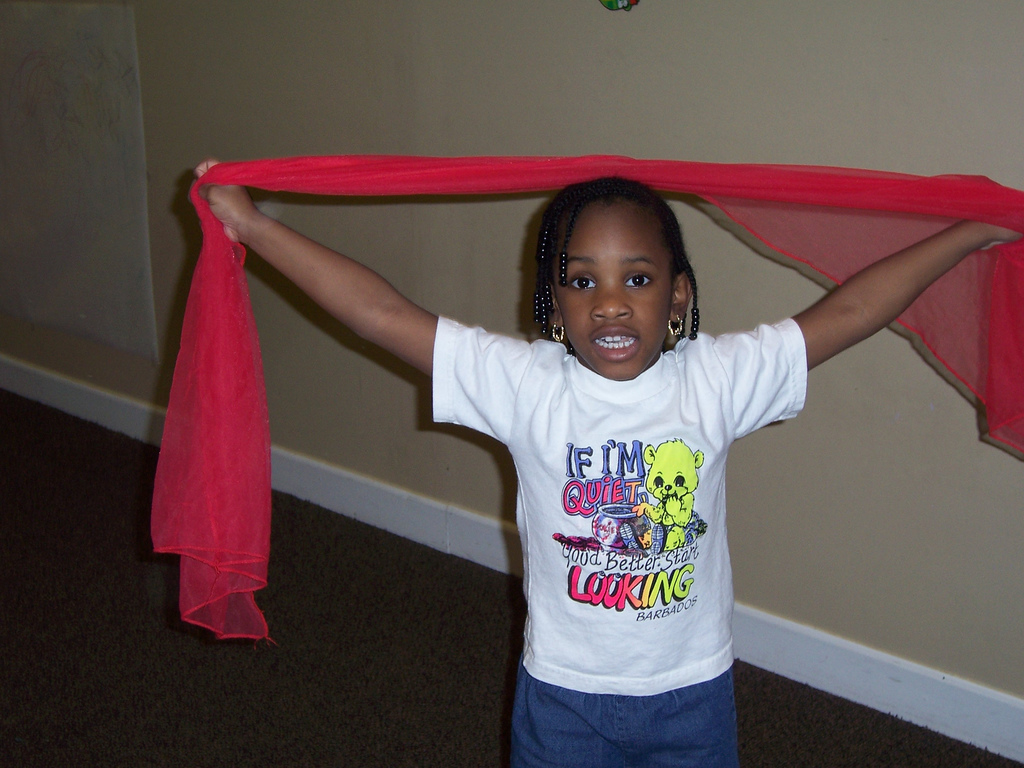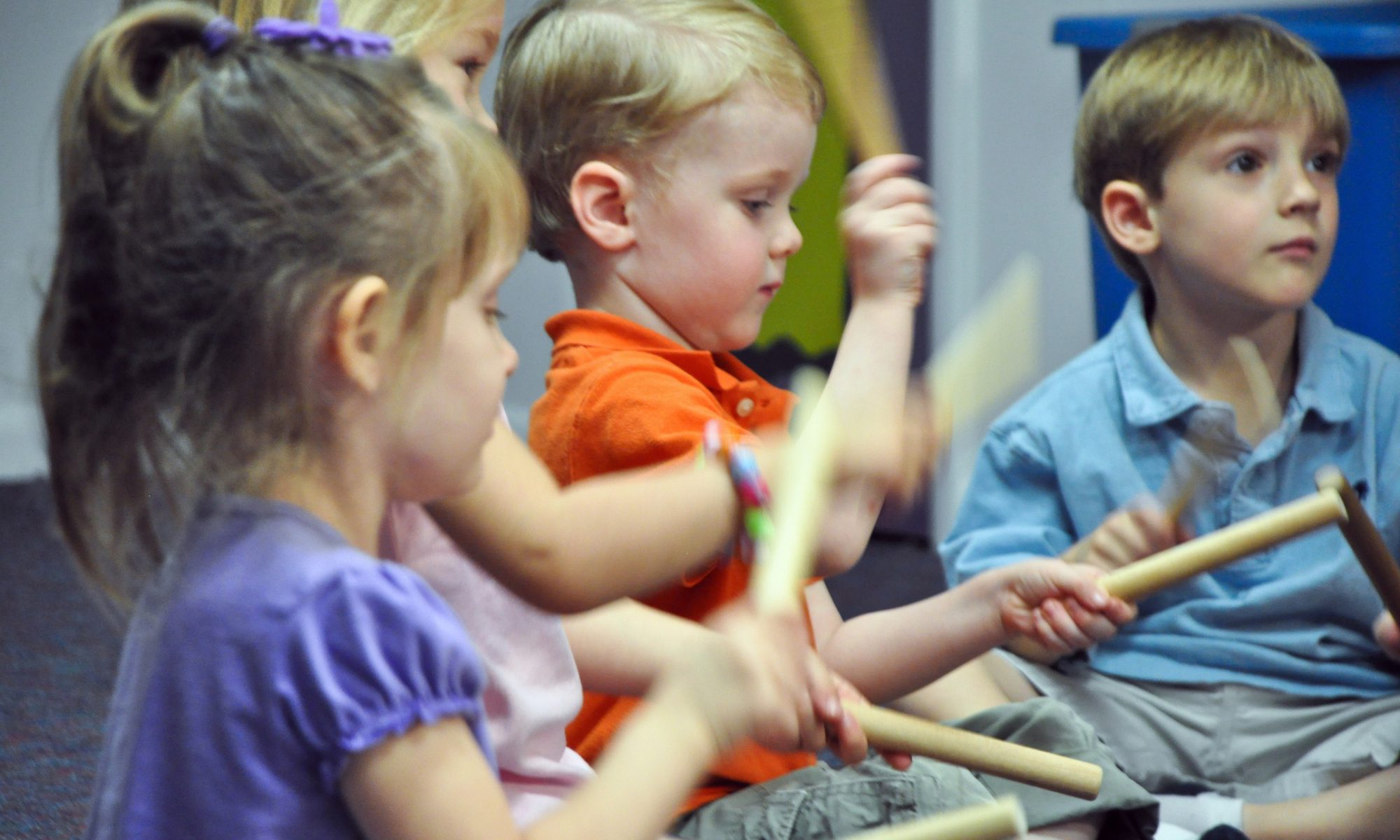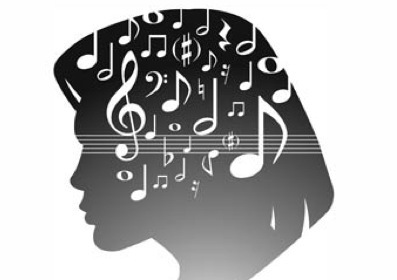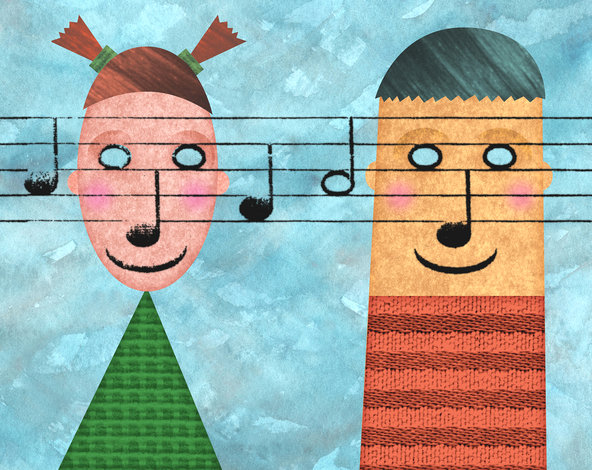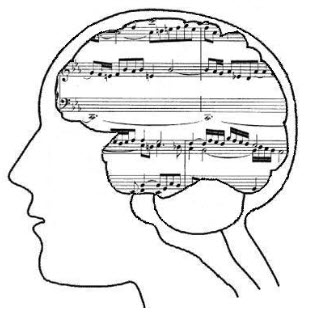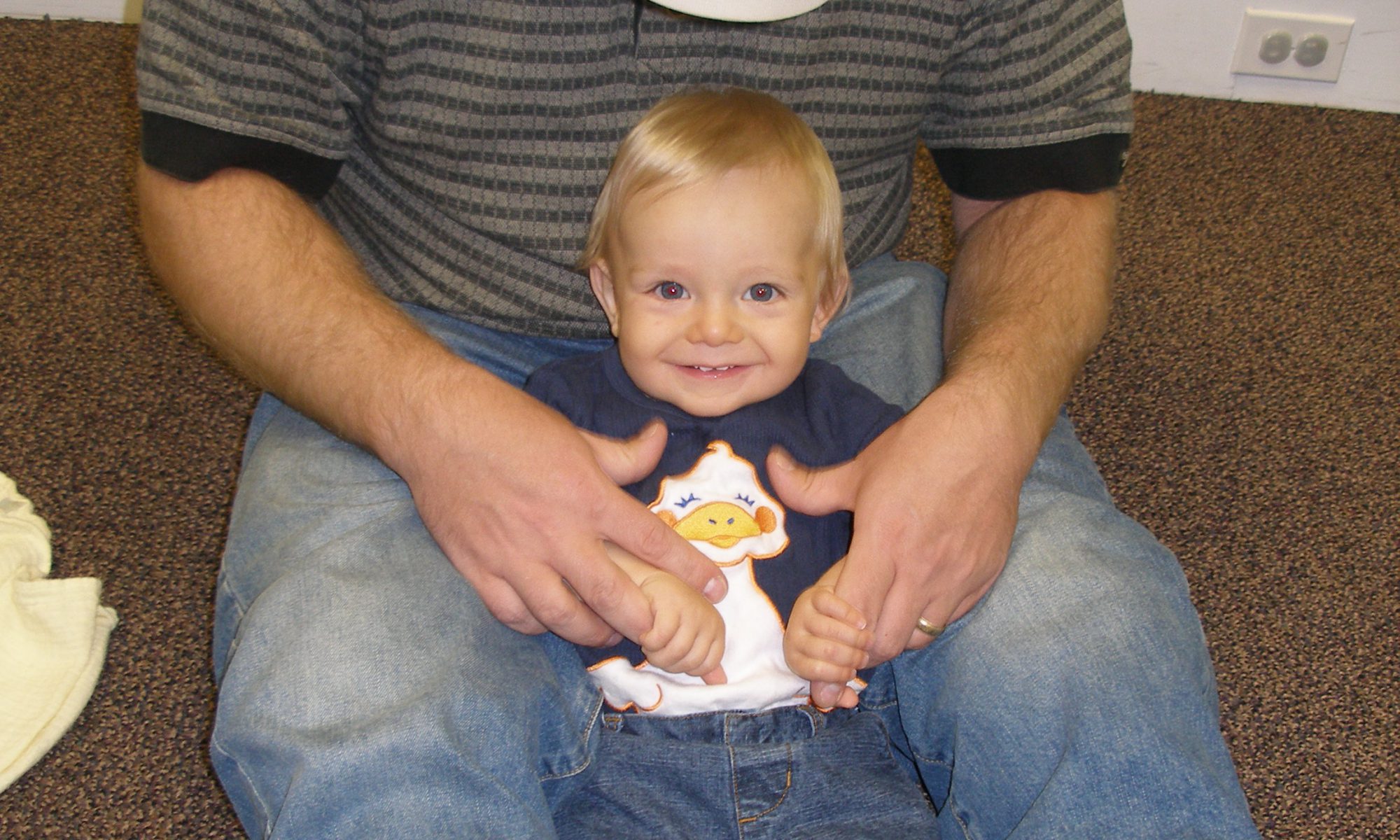(article originally published at realmusicproduction.com)
 Music is a very powerful subject – It has been used since the Greek times for healing, communication, relaxation and for enjoyment. Even before birth we are aware of our mother’s heartbeat and during infancy are relaxed by the song of a lullaby. Every day everybody hears some form of musical pitch or rhythm and it can even be found in nature such as how birds communicate through a song-like speech.
Music is a very powerful subject – It has been used since the Greek times for healing, communication, relaxation and for enjoyment. Even before birth we are aware of our mother’s heartbeat and during infancy are relaxed by the song of a lullaby. Every day everybody hears some form of musical pitch or rhythm and it can even be found in nature such as how birds communicate through a song-like speech.
Music is such a powerful force, it creates deep emotions in humans – it is played at weddings for happiness, in horror films and during war for fear and at home for happiness and because of this lends itself to relaxation, stress relief and health therapy – and the connection between music, body, and soul has even been shown to improve physical and mental health.
Skills such as working in teams, communication, self-esteem, creative thinking, calmer attitudes, imagination, discipline, study skills and invention are learned and improved through the study of music and by focusing on the fact that young children are mostly highly receptive to pitch and rhythm – one of the main ways a child learns its language – that we can drive education in music to children to help them with benefits ranging success in society and in life.
Benefit One: Success in Society
“We believe the skills the arts teach -creative thinking, problem-solving, risk-taking, teamwork and communications – are precisely the tools the workforce of tomorrow will need. If we don’t encourage students to master these skills through quality arts instruction today, how can we ever expect them to succeed in their highly competitive business careers tomorrow?” -Richard Gurin Chief Executive Officer, Binney and Smith, maker of Crayola crayons
Music is a part of our society and a part of all communities – every human culture uses music to carry forward its ideas and ideals. A study of the arts provides children with an internal glimpse of other cultures and teaches them to be empathetic towards the people of these cultures. This development of compassion and empathy, as opposed to developing greed and a selfish attitude, provides bridges across different cultures that lead to a respect of other races at an early age.
Music has a great value to our economy – it creates jobs, increase’s tax base, boosts tourism and spurs growth in related businesses. Music study develops skills that are necessary in the workplace such as teamwork skills and discipline – during musical performances all members must work together to create the sounds they wish to achieve and for this regular practice is also required. Music favors working and ‘doing’ as opposed to observing, and these are the ethics employers are looking for.
Because of music’s ability to relax, calm and heal, and its optimal platform for emotions, the involvement with music helps to carve brighter attitudes – more optimism towards the future, less TV and non-productive activities, low use of alcohol, tobacco and illicit drugs and desire to develop individual abilities.
Benefit Two: Success in School
Music requires study skills, communication skills, and cognitive skills and as these are learnt and developed they expand the student’s abilities in other academic areas and help them become better students. – Students with coursework/experience in music performance and music appreciation scored higher on the SAT: students in music performance scored 57 points higher on the verbal and 41 points higher on the math, and students in music appreciation scored 63 points higher on verbal and 44 points higher on the math, than did students with no arts participation. – College-Bound Seniors National Report: Profile of SAT Program Test Takers. Princeton, NJ: The College Entrance Examination Board, 2001.
The discipline of music, particularly through participation in ensembles, helps students learn to work effectively in the school environment without resorting to violent or inappropriate behavior – According to statistics compiled by the National Data Resource Center, students who can be classified as “disruptive” (based on factors such as frequent skipping of classes, times in trouble, in-school suspensions, disciplinary reasons given, arrests, and drop-outs) total 12.14 percent of the total school population. In contrast, only 8.08 percent of students involved in music classes meet the same criteria as “disruptive.” – Based on data from the NELS:88 (National Education Longitudinal Study), second follow-up, 1992.
Benefit three: Success in Developing Intelligence
Many studies have been conducted on the effects of music in the brain. Scientists say that children who are exposed to music or those who play an instrument do better in school than those who don’t. Recent research suggests exposure to music may benefit a child’s reading age, IQ and the development of certain parts of the brain.
It can be shown that some measures of a child’s intelligence are increased with music instruction – a connection between music and spatial intelligence (the ability to perceive the world accurately and to form mental pictures of things) helps people to visualize and imagine solutions. This helps people to solve problems creatively and is critical to the sort of thinking necessary for solving mathematical problems and even general daily tasks.
“The musician is constantly adjusting decisions on tempo, tone, style, rhythm, phrasing, and feeling–training the brain to become incredibly good at organizing and conducting numerous activities at once. Dedicated practice of this orchestration can have a great payoff for lifelong attention skills, intelligence, and an ability for self-knowledge and expression.” – Ratey John J., MD. A User’s Guide to the Brain. New York: Pantheon Books, 2001.
Along with mental development music study can support the brains physical development – it has been indicated that musical training physically develops the parts of the brain known to be involved with processing language and reasoning, and can actually wire the brain’s circuits in specific ways. Memory can be improved through the linking of familiar songs with objects just as linking images can – past memories and emotions can be triggered by audio.
Benefit four: Success in Life
“Why arts in education? Why education at all? The purpose of education is not simply to inform but to enrich and enlighten, to provide insights into life as it has been led and as it may be led. No element of the curriculum is better suited to that task than arts education.” -David Kearns Now retired Chairman and Chief Executive Officer of Xerox Corporation
Ideally we want our children to experience “success” throughout life itself. The benefits may be psychological, spiritual and physical and with the challenge of making life meaningful and fulfilled and to reach a higher state of development by participating in music we develop self-expression which in turn leads to self-esteem – ultimately helping us to succeed at these challenges.
“Casals says music fills him with the wonder of life and the ‘incredible marvel’ of being a human. Ives says it expands his mind and challenges him to be a true individual. Bernstein says it is enriching and ennobling. To me, that sounds like a good cause for making music an integral part of every child’s education. Studying music and the arts elevates children’s education, expands students’ horizons, and teaches them to appreciate the wonder of life.” – U.S. Secretary of Education Richard W. Riley, July 1999.
Conclusion
Music is a powerful tool and as seen can dramatically improve and enrich everybody. It makes sense to push music education and to allow young generations to gain these wonderful benefits – higher intelligence through increased creative thinking, problem solving and physically stronger brains, a higher perception of life including better attitudes, strong desires to achieve and fulfill and higher self-esteem, better developed discipline, study skills, concentration, communication and team skills which transfer from education through to career and a better understanding of communities and society.
Edward Droscher is the founder of Real Music Production and works to develop music education systems privately and in schools.
 Empathy between children and the world is a main developmental objective for preschool children. They don’t differentiate between themselves and others. Cultivating relationships with animals, both real and imagined, is one of the best ways to foster empathy during childhood. Children want to run like deer, slither along like snakes, be clever as a fox, and quick like a rabbit (adapted from Sobel, David. 1999)
Empathy between children and the world is a main developmental objective for preschool children. They don’t differentiate between themselves and others. Cultivating relationships with animals, both real and imagined, is one of the best ways to foster empathy during childhood. Children want to run like deer, slither along like snakes, be clever as a fox, and quick like a rabbit (adapted from Sobel, David. 1999)
